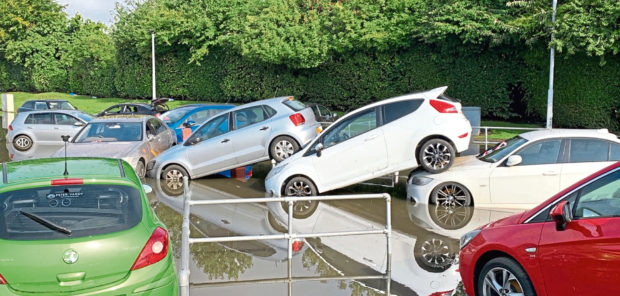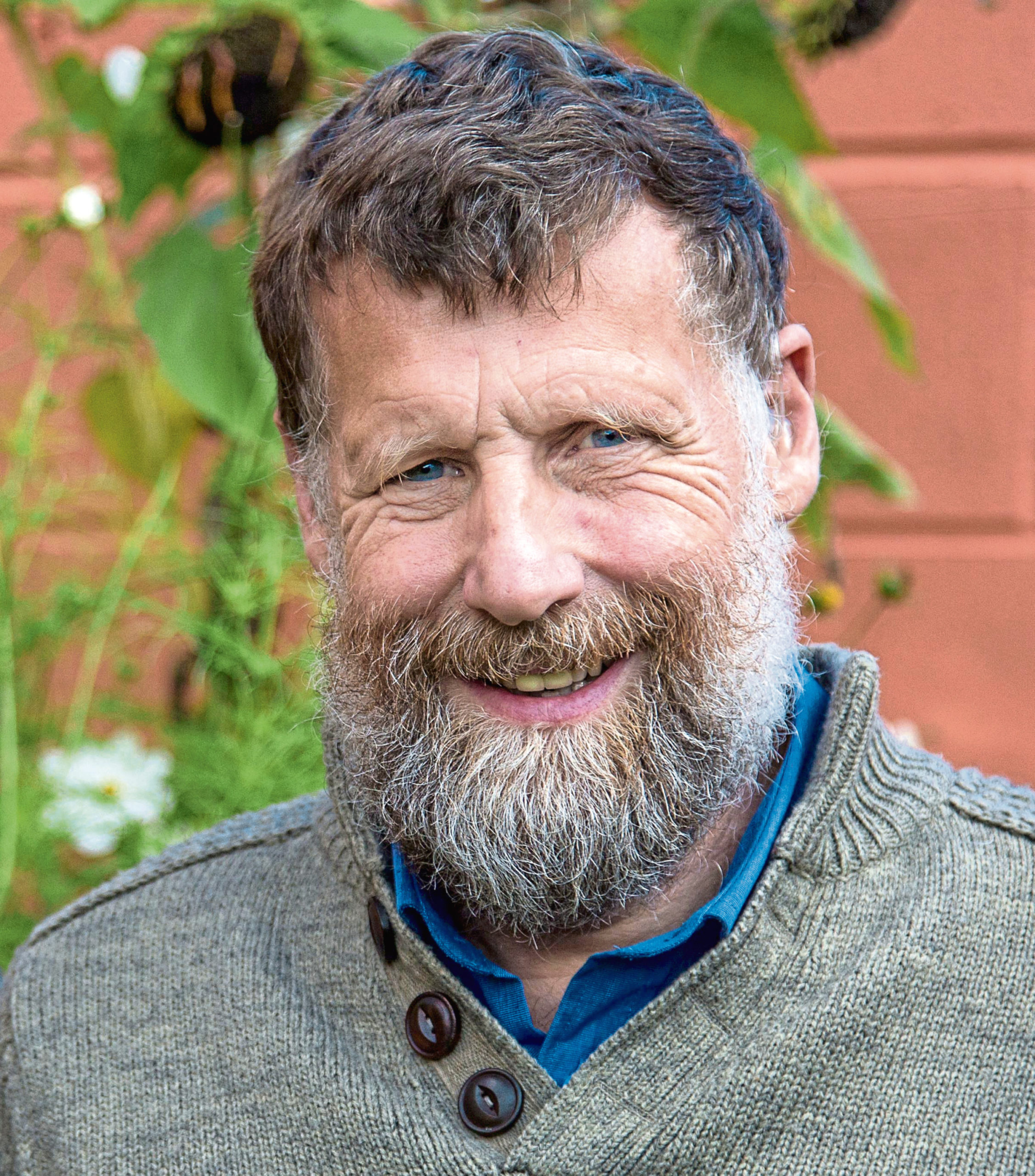
The recent weather has been a reminder that climate change is a serious threat to our world. Alastair McIntosh is an activist and writer who told Murray Scougall the Honest Truth about how we, as Scots, can work together to tackle global warming and the dangers that brings
What is your background?
I was born in 1955 and grew up in North Lochs on the Isle of Lewis, where my father was the parish doctor. My childhood had the richness of being raised in the basket of the community, held by an older generation who led us into working with the sea, the land, and one another.
Why did you decide to update your previous climate change book, Hell And High Water, now?
Well, did you see the pictures of cars piled on top of one another after the floods at the Kirkcaldy hospital recently? Or the fresh landslides on the Rest And Be Thankful? Or the tragic train crash? We didn’t used to have such extreme weather events so often. Climate change is very real and very dangerous. We must act now.
What, if anything, has changed in your thoughts towards the issue in that time?
To see that politicians can’t make change unless we, the people, back them up at the ballot box. Change must be both structural, and it must start in each of us.
How does Riders On The Storm differ from other books on the subject?
In my emphasis on building and being a community with one another. And in seeking the psychological understanding and spiritual depth to do that.
Will coronavirus help or hinder the climate change issue?
The virus teaches us that we’re all one world now. We can no longer run the world for the super-rich using colonial or beggar-my-neighbour economic systems. An old woman of the Isle of Skye told one of my students: “We lived for one another. We worked for one another. And we cared for one another.” That was in our past, as many of The Sunday Post’s readers will know. And that must be our future, to pass on to the young.
The United Nations will hold a rescheduled climate change conference in Glasgow next year – what do you hope might come from that?
The conference, known as COP26 will have much to say about the science, politics and economics of climate change action.
Scotland has a distinctive voice to add. We understand community. What most gives me hope is Scotland’s local development and land trusts.
They’re building affordable and ecologically sound housing. They’re doing renewable energy, with the money coming back into community projects. They’re starting up small businesses, and making people more resilient, empowered and self-reliant in the places where they live.
What role are the deniers and alarmists playing in stunting progress on the subject?
Deniers say climate change isn’t happening. Alarmists say we’ll all be killed this century. Neither extremes are true to the consensus of experts in climate science. We must be truthful to reality.
How close are we to the issue becoming critical if the world doesn’t make real change?
That huge storm recently – you can’t say “it was caused by climate change”. But you can say, climate change will make such events worse and more frequent. For those directly impacted, it’s already critical, and we simply aren’t doing enough yet to cut our greenhouse gas emissions.
In your book, you propose psychology and spirituality has its part to play in the crisis – in what way?
See those words I quoted above of the old woman from Skye, the old Cailleach as we’d say? See the love in them? Think of them as like a prayer. In every action that you take, ask the simple question: Does it give life?
Riders On The Storm: The Climate Crisis And The Survival Of Being by Alastair McIntosh is out now from Birlinn

Enjoy the convenience of having The Sunday Post delivered as a digital ePaper straight to your smartphone, tablet or computer.
Subscribe for only £5.49 a month and enjoy all the benefits of the printed paper as a digital replica.
Subscribe © Matt Carmichael
© Matt Carmichael